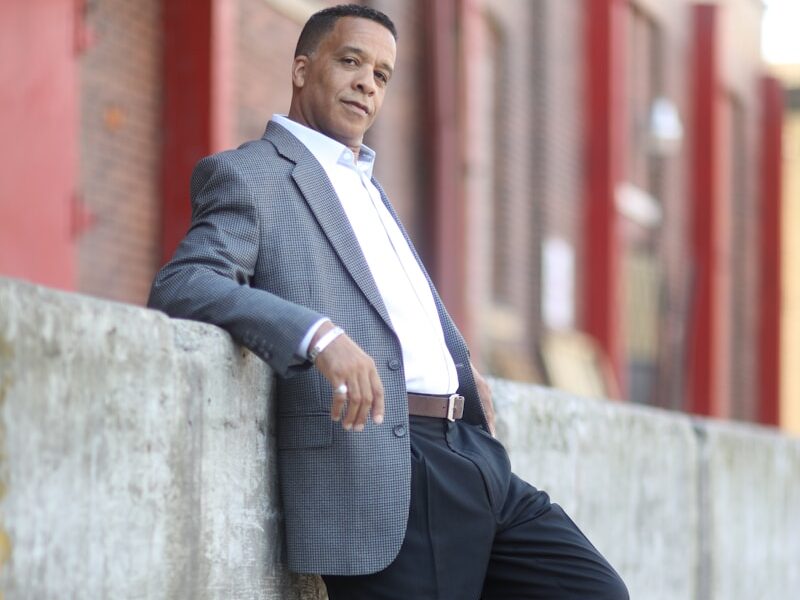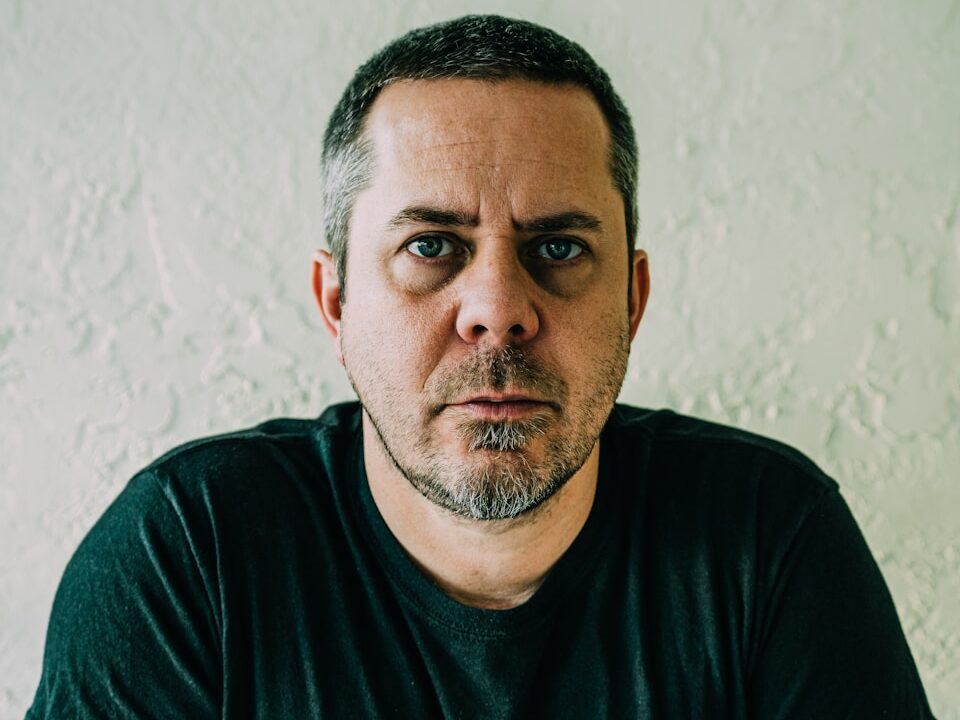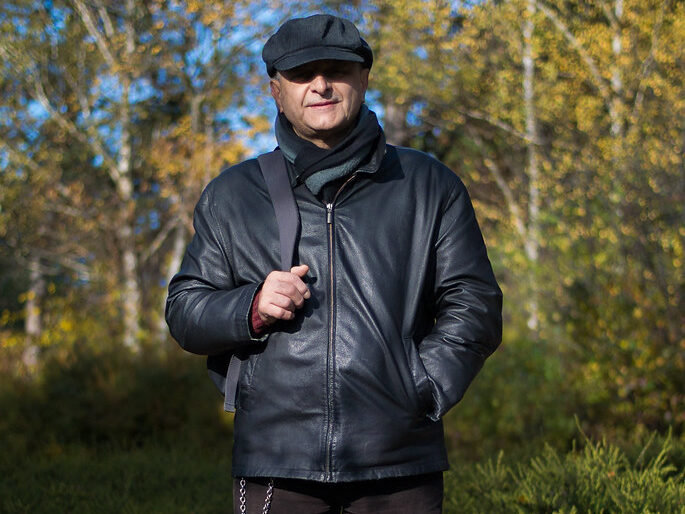
Regret does not always come with a bang. Sometimes, it lingers quietly, surfacing long after choices were made and routines became habits. Many older men reflect on the weight of things they postponed or avoided entirely. These regrets are not always dramatic. Often, they are subtle, deeply personal, and centered around moments they now know mattered most. Here are 15 things they frequently wish they had done much earlier in life.
Taking Better Care of Their Bodies

When you are young, it feels like your body will always keep up. Many older men ignored warning signs and brushed off checkups, assuming they could outlast fatigue or pain. By the time real issues appear, damage is often harder to reverse. The regret is not just about illness. It is about wishing they had given themselves permission to rest, heal, and protect their future health.
Telling People They Loved Them

For many men, expressing love felt awkward or unnecessary. They assumed their actions spoke clearly enough. But years later, they remember the silences more than the gestures. They carry the weight of words unspoken to parents, children, or partners who are no longer around. The regret is not about what they felt. It is about not saying it when they had the chance.
Spending More Time With Their Kids

Providing financially often took center stage. Many men believed that was enough. Later in life, they realize how quickly childhood slips away. They missed ball games, conversations, and small moments that mattered far more than they knew at the time. The deepest regret is not about failure. It is about knowing they were needed in ways only presence could provide.
Letting Go of Pride Sooner

Pride can keep a man upright, but it can also keep him distant. Many older men admit that pride stopped them from apologizing, forgiving, or opening up. They see how relationships were strained or lost because ego got in the way. The regret comes not just from the damage done, but from realizing how much easier life could have been without the constant need to be right.
Asking for Help When They Needed It

Many men are taught to handle things alone. Struggling silently becomes a badge of honor. Looking back, they realize how much easier life could have been with support. Whether they were dealing with grief, depression, or burnout, the refusal to ask for help made everything harder. They now know that strength is not the absence of need. It is the courage to admit it.
Repairing Strained Relationships

Everyone thinks they will have time. Time to apologize, to explain, to reconnect. But that time often slips away. Many older men carry the regret of letting old arguments or misunderstandings keep them apart from people they once loved.Reaching out felt hard. So they waited. Sometimes too long. The regret is not always loud. It lives quietly in missed birthdays, unanswered calls, and the memory of someone who is no longer there.
Taking More Photos

They were too busy living to stop and capture it. Many older men now wish they had more photos of their children when they were small, their partners when they were young, or the friends they can no longer visit. Not for public display. Just for themselves. They want to see those smiles again. To remember a moment more clearly. To hold something that time cannot erase.
Doing What They Actually Wanted to Do

For many, the path was chosen by necessity. A stable job. A sensible decision. A safe life. But now, they wonder what would have happened if they had followed their passion instead of their obligation. The regret is not about career choices alone. It is about the feeling that they lived responsibly but not always authentically. They wonder what their life might have looked like if they had dared to choose differently.
Saying “I Was Wrong” Without Defensiveness

Admitting fault was never easy. Many older men look back and realize how healing those words could have been. Instead, they chose silence, argument, or denial. Over time, it became harder to reach out. The regret is not just about the relationships damaged. It is about knowing that their stubbornness stood in the way of connection, growth, and peace.
Letting Themselves Be Emotional

From an early age, many men were taught to hide their emotions. To stay strong. To never cry. Decades later, they realize how much they suppressed. They missed chances to connect more deeply, to share their fears, or simply to feel fully. The regret is not about being tough. It is about the moments they could have been human and did not let themselves.
Spending More Time With Friends

Friendship often takes a backseat to work and family. Many older men now realize they let decades slip by without nurturing the relationships that once gave them joy. They regret not picking up the phone, not planning a reunion, not showing up. As they age, they feel the loss of that brotherhood and wish they had made more space for it in their busy lives.
Leaving a Job That Made Them Miserable

Security can be a powerful trap. Many men stayed in careers that drained them because they feared the unknown. They regret not taking the leap, not exploring their options, or not choosing fulfillment over familiarity. Now retired or close to it, they look back and wonder what it would have felt like to do something that truly lit them up from the inside.
Learning to Cook or Take Care of Themselves

Some men relied on others to handle the home front. Cooking, cleaning, basic daily care were often handed off or neglected. Later in life, especially after loss or divorce, they wish they had learned how to care for themselves with pride and confidence. It is not about gourmet meals. It is about the dignity that comes with knowing you can meet your ownneeds.
Writing Things Down

They lived through wars, births, losses, first loves, and quiet mornings full of meaning. But they wrote none of it down. Now, many older men regret not journaling, not writing letters, not capturing the stories that made their lives unique. They wish they had preserved memories for their children, grandchildren, and for themselves. Because when memories fade, writing can hold what the mind no longer can.
Being Kinder to Themselves

Perfection was the goal. Many men spent decades criticizing themselves for every mistake, every missed mark. Now they see that most of the pressure came from within. They regret not extending the same grace to themselves that they gave to others. Life is long, but also painfully short. Being kinder to themselves earlier might have made the journey gentler, less burdened, and more deeply lived.

